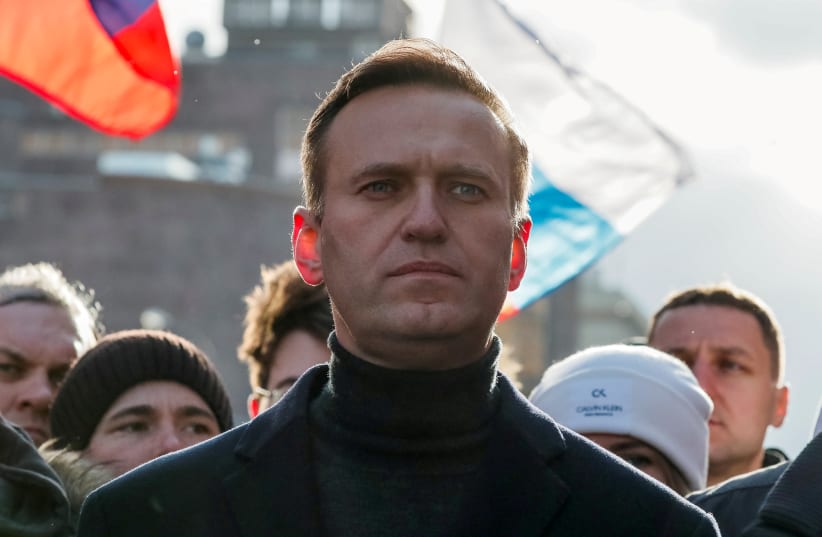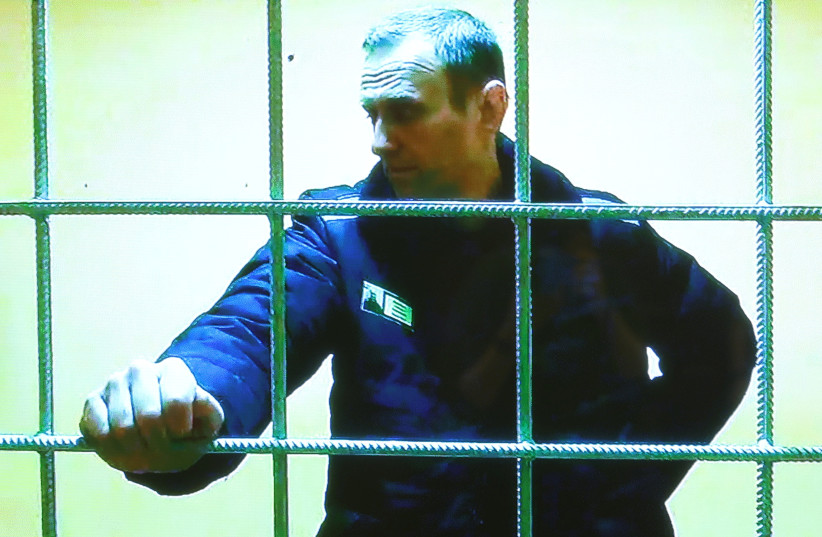Alexei Navalny, Russia's most prominent opposition leader, is grappling with a mystery ailment in jail that could be some sort of slow acting poison, as he has lost 8 kg in weight in just over two weeks, his spokeswoman Kira Yarmysh said.
"We do not exclude that at this very time Alexei Navalny is being slowly poisoned, being killed slowly so that it attracts less attention," Yarmysh said in a post on Twitter.
"He is being held in a punishment cell with acute pain without medical help," she said.
Who is Alexei Navalny?
A former lawyer who rose to prominence more than a decade ago by lampooning President Vladimir Putin's elite and voicing allegations of corruption on a vast scale, Navalny has long forecast Russia could face seismic political turmoil.
In 2020 he survived an apparent attempt to poison him during a flight in Siberia, with what Western laboratory tests determined was a nerve agent. Russia denies that the state tried to kill him.
When asked about claims that Navalny might be being slowly poisoned, the Kremlin said it was not following the state of his health and that it was a matter for the federal penitentiary service.
The penitentiary service, which has in the past denied allegations that its employees have mistreated Navalny and has said he has always been afforded medical treatment when needed, did not immediately respond to a Reuters request for comment.
He was treated for that poisoning in Germany but voluntarily returned to Russia in 2021, where he was arrested on arrival and jailed in a fraud case he calls politically motivated.
Yarmysh said that due to Navalny's mystery ailment, emergency services were called overnight on Friday to Saturday to the maximum-security IK-6 penal colony at Melekhovo, about 250 km (115 miles) east of Moscow, where Navalny is being held.
Yarmysh said medicine sent to Navalny's prison by his mother was not collected by prison officials from the post office and was returned.
His supporters had to battle with the prison authorities every time he fell ill to ensure he received some kind of treatment, she said.
"Abusing Alexei's health is a regular practice of (prison) colony number six. All we can do right now (to help him) is to talk about Alexei everywhere," said Yarmysh.

